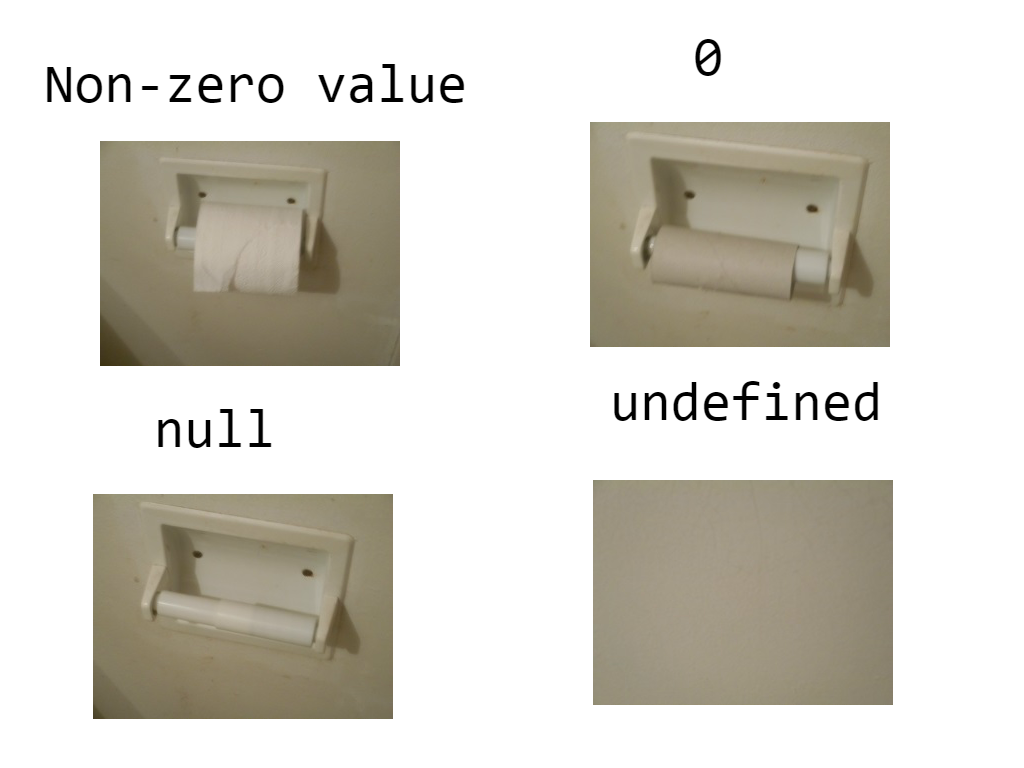Refactoring 015 - Remove NULL
 Maxi Contieri
Maxi Contieri
TL;DR: Use the Null Object Pattern to eliminate null checks and simplify your code.
Problems Addressed
Frequent null checks and IFs cluttering your code
Hard-to-read and maintain code
Lack of extensibility
Unnecessary complexity with excessive null checks.
Related Code Smells
Steps
These steps are a special case of Remove IF Refactoring
Create a Null Object class that implements the same interface
Replace null checks with the polymorphic Null Object
Sample Code
Before
public class SoccerMatch {
private Team homeTeam;
private Team awayTeam;
private TimeRecord regularTime;
private TimeRecord extraTime;
public SoccerMatch(Team homeTeam,
Team awayTeam,
TimeRecord regularTime,
TimeRecord extraTime) {
this.homeTeam = homeTeam;
this.awayTeam = awayTeam;
this.regularTime = regularTime;
this.extraTime = extraTime;
}
public int totalGoals() {
int goals = regularTime.goals();
// You might forget this iF check
// resulting in a null error
if (extraTime != null) {
goals += extraTime.goals();
}
return goals;
}
}
class TimeRecord {
private int goals;
public TimeRecord(int goals) {
this.goals = goals;
}
public int goals() {
return goals;
}
}
After
// 1. Create a Null Object class that implements the same interface
interface TimeRecord {
// The common protocol between the real object
// and the Null Object
int goals();
}
class PlayedTimeRecord implements TimeRecord {
// This class is suitable to be
// a Regular Time or an Extra Time
private int goals;
public PlayedTimeRecord (int goals) {
this.goals = goals;
}
public int goals() {
return goals;
}
}
class NoExtraTime implements TimeRecord {
public int goals() {
// They are polymorphic
// They don't need IF checks
return 0;
}
}
public class SoccerMatch {
private Team homeTeam;
private Team awayTeam;
private PlayedTimeRecord regularTime;
private TimeRecord extraTime;
public SoccerMatch(Team homeTeam,
Team awayTeam,
PlayedTimeRecord regularTime,
TimeRecord extraTime) {
this.homeTeam = homeTeam;
this.awayTeam = awayTeam;
// There's a business rule telling
// Regular time is not optional
// Therefore is an instance of PlayedTimeRecord
this.regularTime = regularTime;
this.extraTime = extraTime;
}
public int totalGoals() {
// 2. Replace null checks with the polymorphic Null Object
// No Ifs
// No null checks
return regularTime.goals() + extraTime.goals();
}
}
As a side note when you prompt Gemini-AI with the After version it says:
While the code is well-structured, there's a minor optimization opportunity. The NoExtraTime class can be eliminated without compromising the code's functionality.
- .. and suggests using the first version with the billion-dollar mistake problem!*
Type
[X] Semi-Automatic
The refactoring has a semantic part that needs to find an existing NullObejct in the domain.
Safety
This refactoring is generally safe.
You must ensure that the Null Object's behavior matches the expected behavior for real cases in your code.
The null object needs to be partially polymorphic with real ones.
In strongly typed languages, they must adhere to the same interface or belong to the same hierarchy.
Why is the code better?
You eliminate null checks with accidental IF conditions, making the code cleaner and easier to understand.
The Null Object Pattern ensures you always work with objects, avoiding null pointer exceptions - The Billion Dollar Mistake.
Limitations
Tags
- Null
Related Refactorings
See also
This article is part of the Refactoring Series.
Subscribe to my newsletter
Read articles from Maxi Contieri directly inside your inbox. Subscribe to the newsletter, and don't miss out.
Written by

Maxi Contieri
Maxi Contieri
I’m a senior software engineer loving clean code, and declarative designs. S.O.L.I.D. and agile methodologies fan.